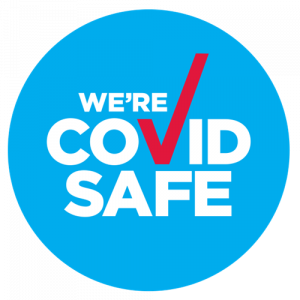Augmentative and Alternative Communication (AAC) includes any method of communication that is used to enhance or replace verbal speech. There are two different types of AAC – aided and unaided systems.
Unaided AAC is where you don’t use anything else but your body. These include:
- Sign language
- Gestures
- Facial expressions
- Body language
Aided AAC is where you use an added support to assist with communication. Such as:
- Writing
- Pictures
- Communication books or boards
- Speech generating devices
- Communication apps
Many people use a combination of AAC to communicate.
When can you use augmentative and alternative communication strategies?
AAC can replace speech, supplement speech or it can give someone who is unable to speak a voice. We all use forms of AAC every day. We use AAC when we use hand gestures and facial expression. For example, if you are in a noisy environment, you may use things like hand gestures to help get your message across. People may use pictures to help them express words and sentences or people may use a speech generating device to speak for them when they are unable to communicate verbally.
AAC can be used in any environment for a number purposes including greeting people, requesting items, asking questions, telling stories, sharing feelings and more.
What are the benefits of using AAC?
Communication is a basic human need and AAC gives everyone a way to communicate.
There are many benefits of using AAC such as:
- Developing understanding and use of language
- Adding extra support for speech
- Developing and utilising a range of literacy skills
- Assisting people to express their needs, wants and feelings
- Helping communication partners understand the message of the AAC user
- Taking the pressure off verbal communication
- Increasing participation in public and group situations
What’s involved with augmentative and alternative communication?
People with severe speech and language difficulties will benefit from AAC. Selection of an AAC system should be done specifically to the needs and skills of the individual.
Selecting the right type of AAC will depend on a number of different factors:
- Level of difficulty with communication
- Preference for which type of AAC they would like to use
- Communication needs
- Motivation to use AAC
Give Harrison Speech Pathology a call to make an appointment to further discuss augmentative and alternative communication options.
Image source: Pixabay





